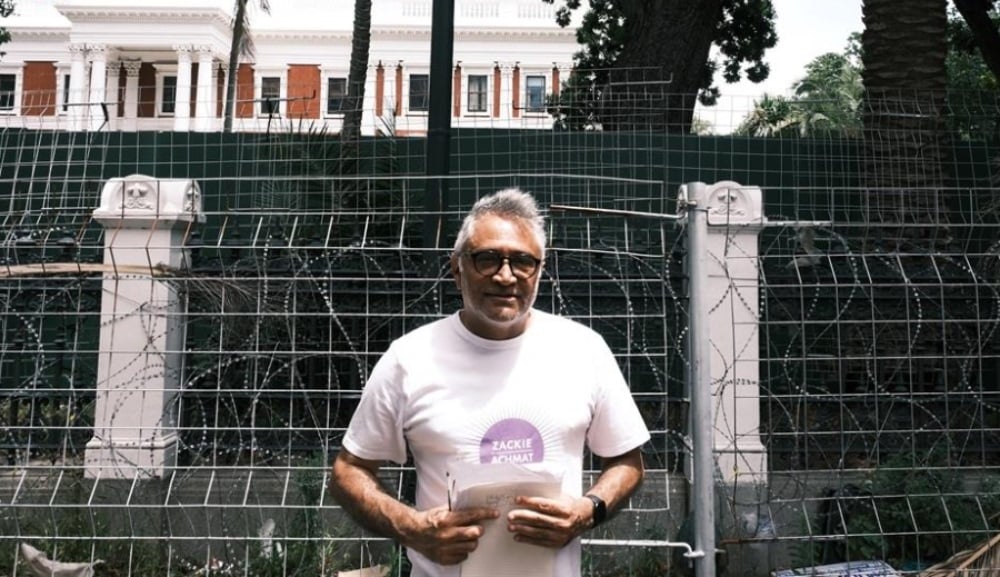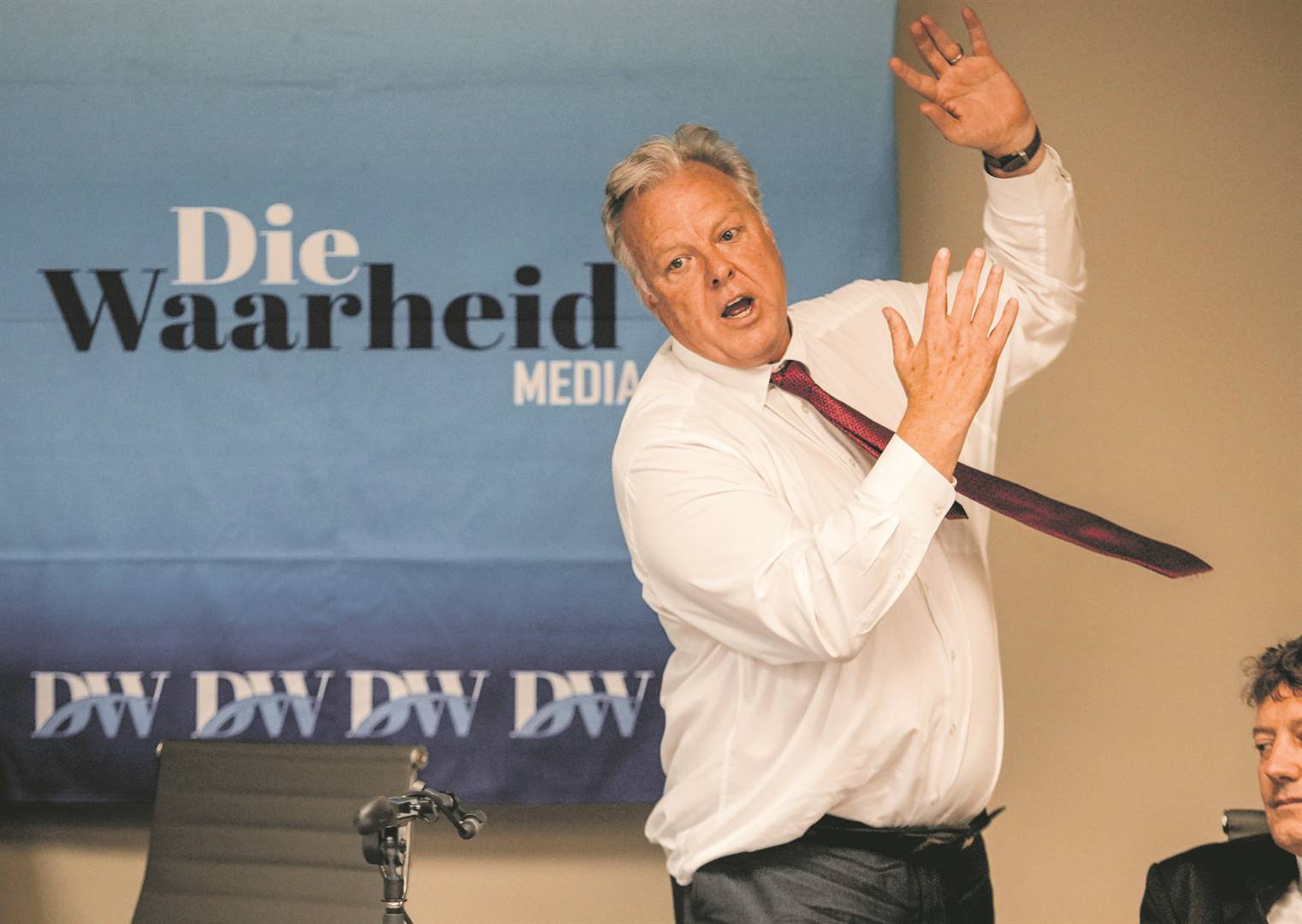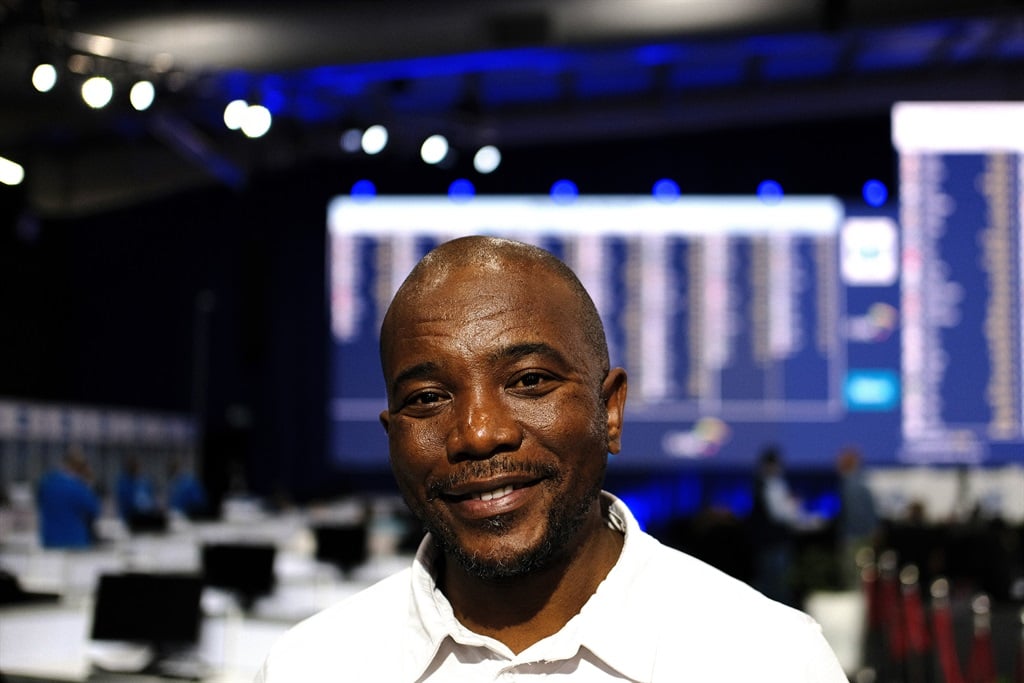
- Not a single independent candidate has won a seat in the historical first national and provincial elections that they could contest following a Constitutional Court ruling.
- The legislative amendments that supposedly brought independents into the fold have been heavily criticised, and calls for electoral reform continue.
- Find everything you need to know about the 2024 general elections on News24’s Election’sHub.
In the winter of 2020, the Constitutional Court handed down a ruling which would allow independent candidates to participate in the national and provincial elections for the first time.
At the time, it was hailed as a game-changer.
But as the dust settled over the first elections in which independents could stand, it quickly became clear that it was anything but groundbreaking: not a single independent got elected to Parliament or a provincial legislature.
In fact, only 11 contested for seats, six of whom ran for seats in the National Assembly.
They contested in the Western Cape, Limpopo, Gauteng and the Free State. In these provinces, 8 136 360 valid votes were cast on the regional ballots. Only 19 187 votes were for independent candidates.
More than half of these went to veteran Capetonian activist Zackie Achmat, who ran as an independent on the Western Cape regional ballot.
Achmat got 10 579 votes, or 0.54%.
In Limpopo, Blessings Ramona got 1 547 votes, or 0.11% of the regional ballot; Lovemore Ndou got 533 votes, or 0.04%; and Faith Phathela got 273 votes, or 0.02%.
In Gauteng, Anele Mda got 3 726 votes, or 0.09%; controversial diamond dealer and Jacob Zuma’s benefactor Louis Liebenberg got 1 115 votes, or 0.03%; and Ramona 1 107 votes, or 0.03%.
READ | Diamond dealer Louis Liebenberg loses election deposit after dismal tally
Liebenberg also stood in the Free State, where he got only 377 votes, or 0.04%.
As the results trickled in on Thursday, it became apparent that the independent candidates didn’t make the impression they had hoped for.
Bongani Cibi, an independent candidate contesting for a seat in the Gauteng legislature, had only garnered 38 votes when around 15% (more than 400 000) votes had been counted.
He said running the campaign on a general assistant’s salary had been challenging.
“It’s hard; I’m competing with the big boys; the ANC and DA are doing well. To be an independent candidate is not easy, and this is my first time,” Cibi said.
He said he was inspired by former chief justice Mogoeng Mogoeng to throw his hat in the ring.
Cibi added:
It’s my first time. I must give credit to myself and those who voted for me, it’s not easy, I had no funding, I raised the money from my salary but we are planning to take this to Parliament.
Cibi believed political parties were at an advantage.
“It’s the national ballot paper, it’s regional, and it’s provincial you give the political parties your X three times, it’s not acceptable. Also, it’s political parties that decide on this in Parliament, it’s unfair,” Cibi said.
He, however, said he would not give up.
“2026 we are coming back, we are working for people on the ground, we will carry on, the people must govern, that is what Codesa said. I am disappointed but this has invigorated me; I am excited because now I must start working the ground again.”
When the counting was concluded, Cibi got only 503 votes, or 0.01%.
It hardly came as a surprise that Achmat performed best among the independent candidates. He has a long track record of community activism, most famously with the Treatment Action Campaign (TAC) in the early 2000s, which successfully challenged the Mbeki administration to ensure the state provided antiretrovirals for HIV-positive people.
Since then, he has been involved in the establishment of a variety of NGOs and, as such, had a strong network of activists and organisers around him.
He also got out of the blocks quickly. He launched his campaign in March 2023, a month before the Electoral Amendment Act – which changed the Electoral Act to give effect to the Constitutional Court ruling – was enacted.
He knew from the start what he was up against.
In November, he told a group of supporters gathered in the Cape Town city centre, a stone’s throw from Parliament: “The government is trying to make it impossible for people like me to stand for Parliament.”
At a media briefing five days before the election, Achmat said: “In our campaign, what we have found is that virtually no independent will get into Parliament under this system.”
He was not alone in his criticism of the current electoral system.
READ | ‘Numbers are not looking good’: Zackie Achmat says he is unlikely to head to Parliament
The Electoral Amendment Act was only enacted in 2023 – after the Constitutional Court twice granted Parliament a deadline extension, and came into effect in June 2023.
The minimal changes in the legislation that the ANC pushed through Parliament have since been described as malicious compliance with the Constitutional Court’s order, and a broad section of civil society is baying for more extensive electoral reform, in particular a constituency/proportional hybrid system.
Someone who saw the writing on the wall for independents early, and chartered a different path to Achmat, is BOSA leader Mmusi Maimane.
In October 2021, two years after he left as DA leader, Maimane announced that he intended to contest the 2024 elections as an independent candidate.
At that time, the Electoral Amendment Bill wasn’t even before Parliament yet.
After the bill was introduced, with the ANC set to push through the minimal changes proposed by Home Affairs Minister Aaron Motsoaledi, it became clear that it would be no easy task for an independent to get into Parliament.
So, in September 2022, Maimane formed his new party, BOSA, with the aim to unite would-be independent candidates under the umbrella organisation to contest the 2024 elections.
One way independent candidates are disadvantaged is that they can only compete on the regional ballot. By forming a party, BOSA could compete on both the regional and national ballots.
As it turned out, BOSA obtained 65 912 votes on the national ballot, enough for two seats in the National Assembly.
Maimane visited the national Results Operations Centre (ROC) on Saturday morning. While the final results were still trickling in, it was clear by that time that BOSA would have at least one seat, vindicating Maimane’s decision to instead form a party.
“It was correct for us to form a party, because we realised if you create independents, you’ve got a problem on your hands because they can’t get enough seats.
“The long-term objective is to amend the electoral law to create a constituency-based model,” said Maimane.
“Because that’s where accountability is felt.”
At his media briefing days before the elections, Achmat also called for electoral reform. He believes that electoral reform should be based on the Van Zyl Slabbert report.
The long road to electoral reform
Proposals for a constituency/proportional system has been floating around the South African political space for more than 20 years now.
Cabinet appointed an electoral task team led by the late Frederik van Zyl Slabbert in 2002. The panel’s majority recommendation was that 300 of the National Assembly’s MPs should be elected through constituencies, while the remaining 100 would be allocated from proportional party lists. The argument was that this would lead to greater accountability.
Former president Kgalema Motlanthe led a high-level panel which reviewed South Africa’s legislation. Its 2017 report recommended that “Parliament should amend the Electoral Act to provide for an electoral system that makes Members of Parliament accountable to defined constituencies on a proportional representation and constituency system for national elections”.
Both these reports have been gathering dust.
READ MORE | All you need to know about the final 2024 election results and breakdown of seats
The Zondo Commission made a similar recommendation, as did the majority recommendation of the Ministerial Advisory Committee Motsoaledi appointed for the Electoral Amendment Bill. Motsoaledi went with the minority recommendation, which led to the current system.
After the then Electoral Amendment Bill was passed in the National Assembly in October 2022, Motsoaledi proposed to the National Council of Provinces, when it was their turn to process the bill, that they include a clause providing for the establishment of a panel of experts to consider more expansive electoral reform than what the current bill provides for.
This panel was appointed in May, way past the deadline, and the panel’s independence has been questioned.
The panel must report on and make recommendations in respect of potential electoral reform. It has a year for this task.
Meanwhile, civil society is also baying for electoral reform. My Vote Counts has called for nominations to a civil society Electoral Reform Consultation Panel in April.
For now, Achmat will have to agitate for electoral reform outside Parliament. On Saturday evening, he admitted defeat.
“The IEC has declared me a loser, and I fully accept that result,” he said with a smile in a video message, in which he also called on other parties to accept the results.






Recent Comments